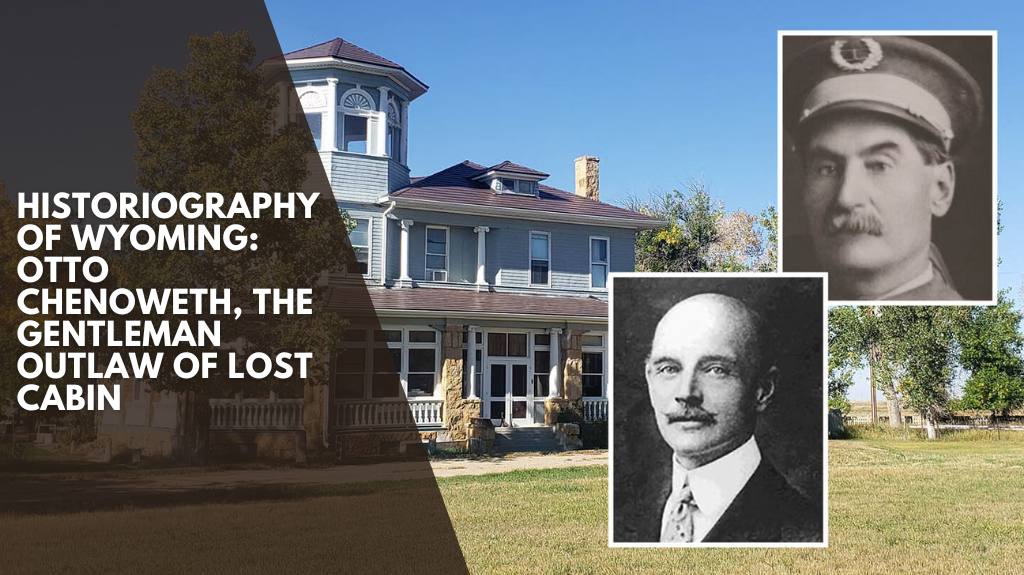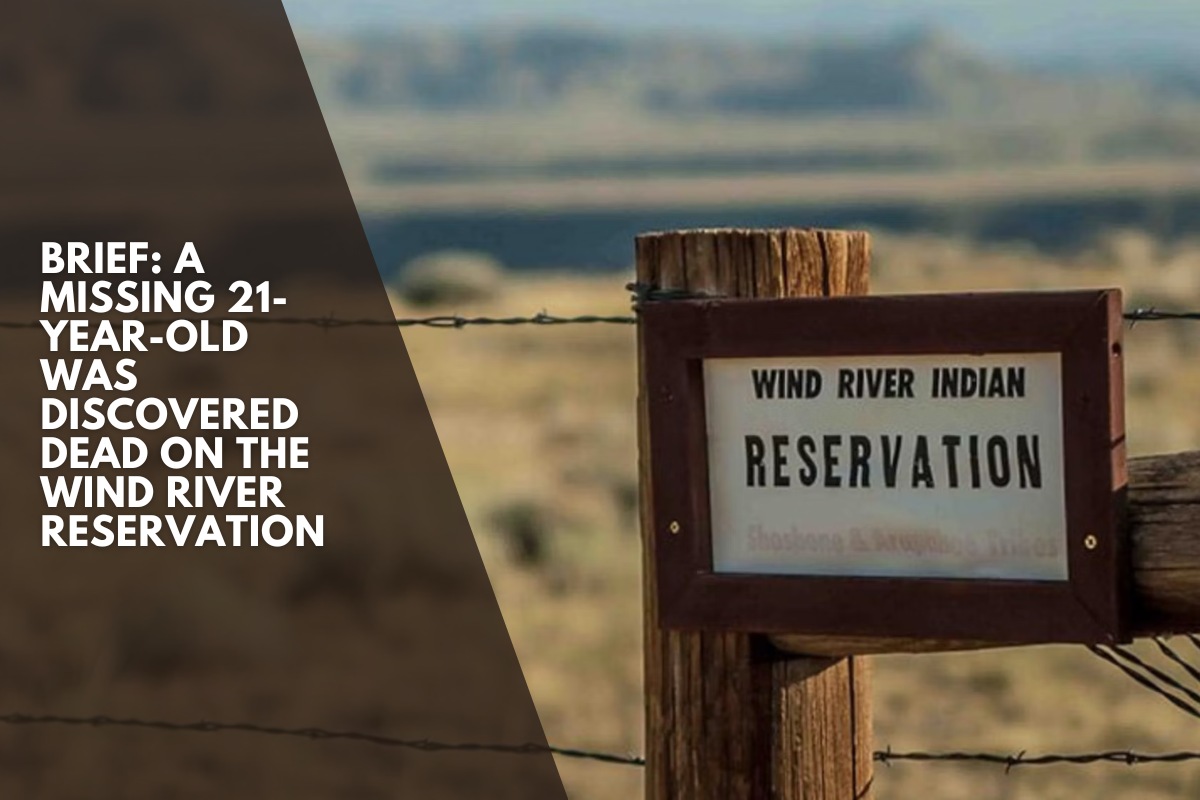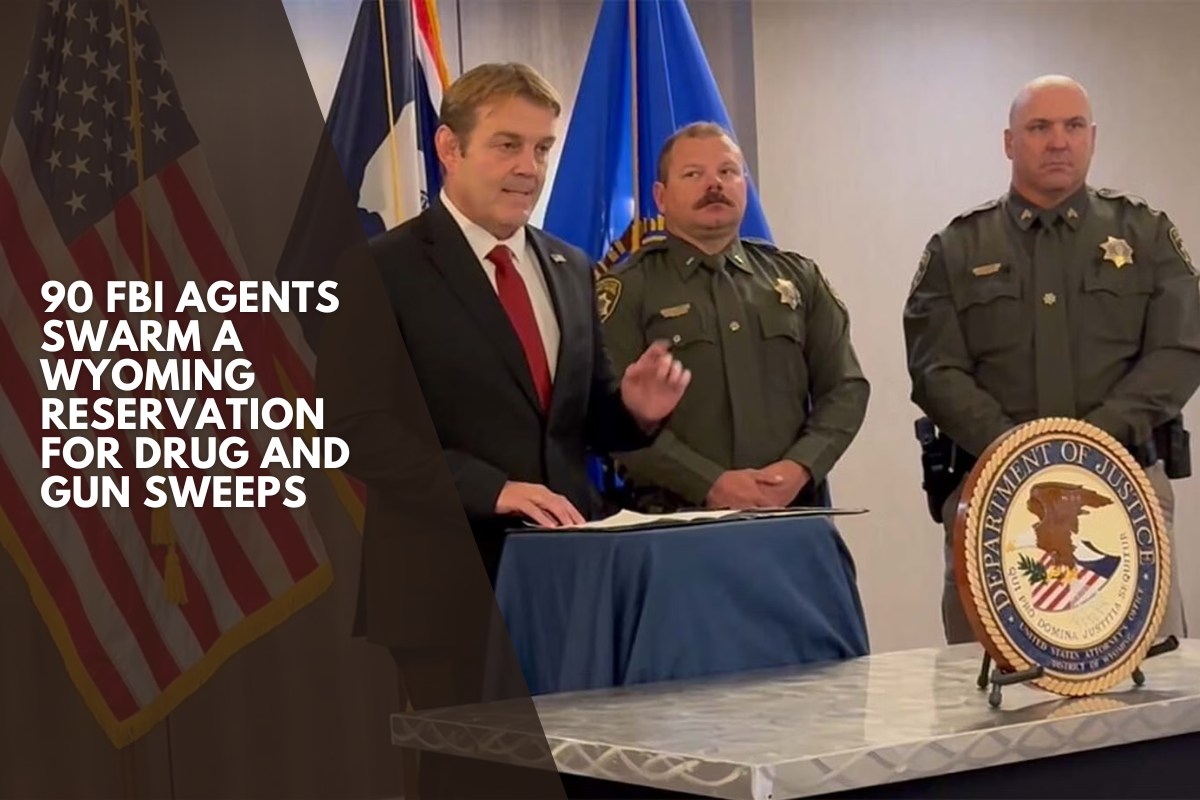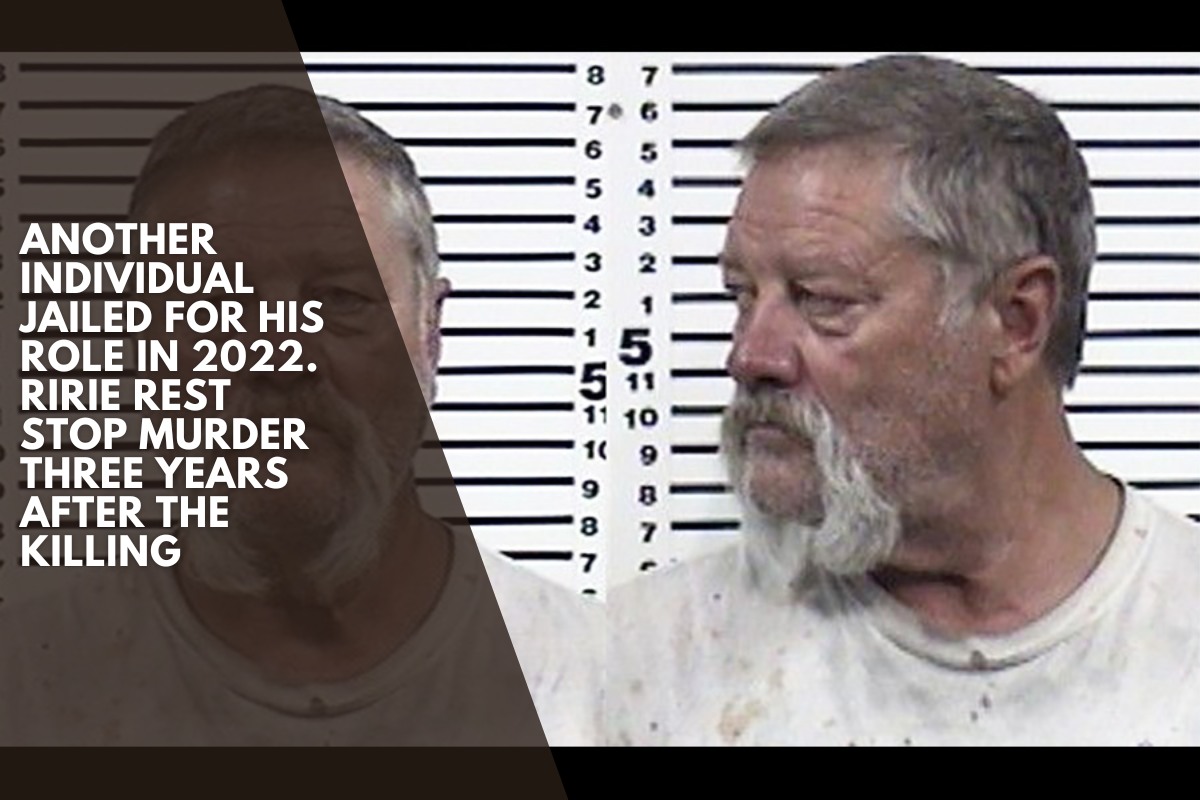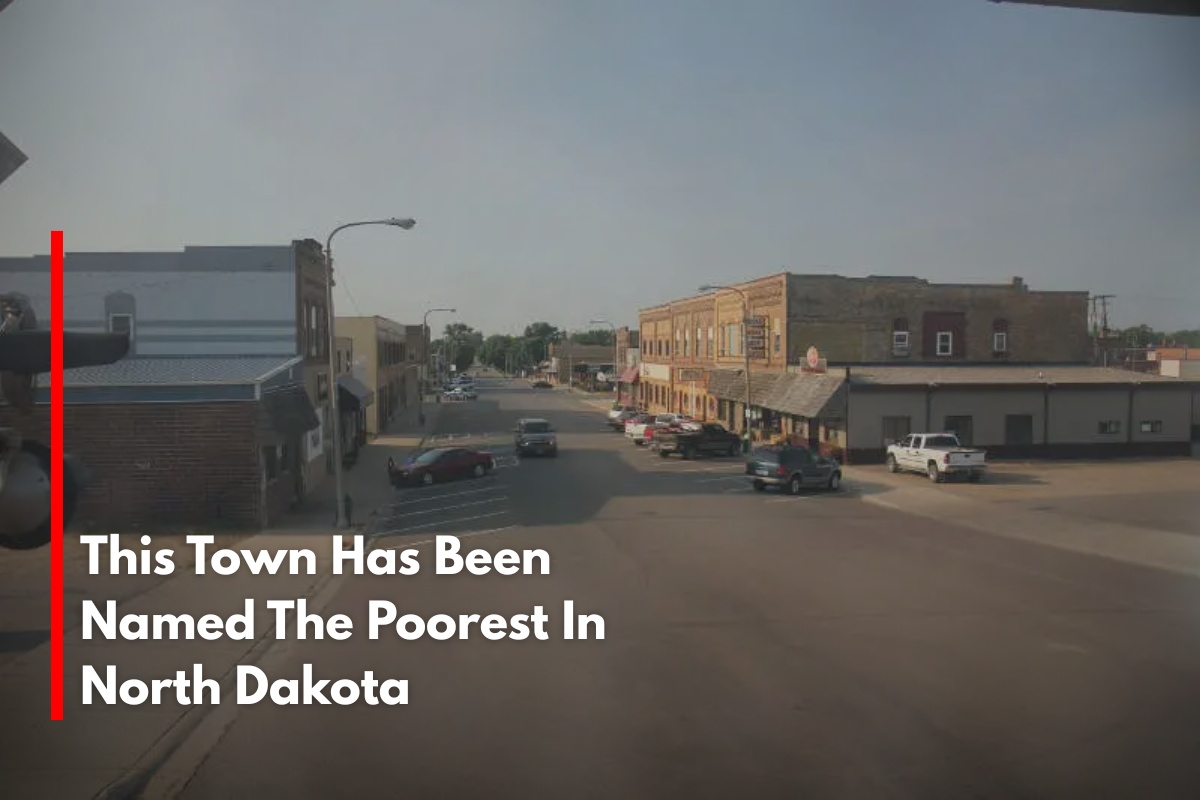A mansion or a full orchestra were probably the last things you expected to find in Lost Cabin, Wyoming in 1901.
Outlaws like the Wild Bunch continued to roam the region, as did prosperous sheepman J.B. Okie. He had established his own town of Lost Cabin, which the Casper Star Tribune reported was named after a lost gold mine.
Okie owned every building, including the company store and blacksmith shop. According to an Aug. 1, 1901, Natrona County Tribune story titled “Over The Stage Line,” a stagecoach would travel across the region on a regular basis, bringing the modern world to this remote outpost.
In her book “Tales of Old Lost Cabin and Parts Thereabouts,” Mary Helen Hendry shares first-hand accounts of a historical event in which a party erupted into excitement.
According to Hendry, it was still early on this particular summer night, and a dance was in full swing. The partygoers were unaware of the gunslingers riding across the plains towards them.
According to wyohistory.org, Okie’s wealth was on full display, particularly in his exotic aviary, about which locals continued to talk decades later.
Even peacocks strutted across the manicured lawn. Despite the boisterous party inside the mansion, macaws, cockatoos, and birds of paradise slept soundly.
A nighthawk would occasionally sing out, briefly joining the orchestra before flitting away to chase bugs until sunrise. The landscape around the lilac bushes and roses was sparse, with miles of overgrown rabbit brush and herds of sheep huddled together under the waning moon.
The two horsemen approached, leading a herd of horses, Hendry wrote.
The gala was hosted by Okie, the founder of Lost Cabin, a small community located just over 30 miles from Shoshoni. He had established his sheep empire in this remote wilderness and was the area’s largest employer, hiring everyone from shopkeepers to accountants.
According to reports, the long-anticipated gala was in full swing inside his grand mansion, nicknamed the Big Tepee by local tribes, with people coming from miles around.
Ladies dressed in their best gowns and jewellery gossiped about the delicacies when they weren’t dancing around the room with the gentlemen in their fine suits. A full orchestra played the latest hits as couples slipped out under the moonlight to exchange pleasantries.
A trail-weary and dusty Sheriff Frank K. Webb entered this magical scene, riding in with a shackled prisoner.
The Outlaw
Worland historian Lawrence Woods writes in “The Lives of Otto Chenoweth” that the outlaw with Webb was Otto Chenoweth, the well-educated son of a wealthy family from the East.
He had informed his mother that he was heading west to paint. However, his friendship with the cheerful, adventure-seeking outlaws in Wyoming’s remote wilderness drew him into a life of crime.
Chenoweth, an expert horseman, had been staying at Walt Puntney’s ranch on Bridger Creek, wrangling horses. Walt had a reputation for assisting those in need of a hiding place, and Chenoweth managed to stay out of sight of the law.
Until, that is, his desire to “borrow” the neighbouring horses led to his arrest, Woods wrote.
Webb of Natrona County had apprehended the mischievous young man on Birds Eye Pass. Chenoweth was captured with a herd of stolen horses, some of which belonged to Okie.
On the same evening as the party, the two men arrived at the Okie mansion around 9 p.m. to inform him that he had recovered his horses.
Aware of the guests, Webb knocked on the back door, and an answering houseboy was dispatched to retrieve Okie from the party.
Woods describes how Okie, who was always a gracious host and delighted to have his horses back, cheerfully invited the Sheriff to tie up his prisoner and enjoy some refreshments in the kitchen.
Always Time for a Party
Sheriff Webb eventually agreed that a meal would be a welcome relief after spending so many days in the saddle pursuing outlaws.
Webb and Chenoweth sat down at the kitchen table and were both served fancy party food. A couple of male guests entered the kitchen and joined the pair, leaving the party to question the sheriff.
According to Woods, the sheriff quickly found an eager audience and began enthusiastically sharing stories about Chenoweth’s many crimes. Meanwhile, Chenoweth became extremely thirsty and repeatedly asked for water.
Because Lost Cabin’s water was unfit for drinking, fresh water was brought in for the event and stored in a cooling dispenser in the butler’s pantry, just out of sight of the kitchen.
Webb initially fetched the drinks for his prisoner, but after several more requests, he directed Chenoweth to get them for himself.
Chenoweth would politely leave the table, repeatedly interrupting the conversation, which irritated the sheriff.
According to legend, the outlaw never returned from one such trip.
Webb jumped to his feet, alarmed. He rushed into the butler’s pantry, only to discover that Chenoweth had vanished.
Outlaw on the Run
Hendry stated that the sheriff’s reaction shocked the ladies, who remembered the oaths he shouted years later.
Webb roared in outrage. He drew his gun, pushed his shoulder against the swinging door to the dining room, and dashed into the drawing room with the dancers.
The orchestra’s music came to a halt as everyone stared at the intruder.
Webb waved his gun in the air and yelled profanities, “We have a cutthroat on our hands!” Woods recounts.
On the dance floor, pandemonium broke out. Women screamed, while others nearly fainted from fear. The sheriff ordered the men to “go after the son-of-a-gun!”
Webb ignored social etiquette and continued to swear in front of the ladies, calling Chenoweth every curse word he could think of.
“That bloody outlaw couldn’t have gotten far!” He bellowed.
The men followed the sheriff through the night in search of the escaped horse thief. The women remained behind, huddled in the centre of the room, terrified of hearing gunfire or encountering the escaped prisoner.
According to Woods, a man “not dressed just right to attend the party” walked through the dancers, chivalrously excusing himself as he approached the front door. The women barely noticed him because, by this point, some of them were leaning out the windows to watch the manhunt unfold.
Webb could be identified by the loud curses and insults he directed at his escaped prisoner.
According to Hendry, one search group tripped over a couple near the lilac hedge and made a citizen’s arrest before realising they had flushed out two embarrassed lovers.
Soon, the search was over. Chenoweth had been discovered.
He huddled in an irrigation ditch near the house, terrified for his life. He claimed that he had not intended to flee, but had gone outside for a breath of air. When the commotion began, he had hidden himself to avoid being shot by the wild-eyed sheriff.
Forever the Gentleman
Webb led the way back into the elegant mansion, with the prisoner in tow and the search party following.
They marched through the front hall to the drawing room. Chenoweth abruptly stopped the procession and bowed deeply to the ladies.
He apologised for delaying their festivities, then went on to apologise for the sheriff’s rude, ungentlemanly behaviour and rough language, according to historical accounts.
Webb sputtered and resisted a string of oaths. He pushed Chenoweth back into the kitchen.
The orchestra played a lively tune, but as people danced around the drawing room, the ladies couldn’t stop talking about the horse thief and his sophisticated demeanour. The more they spoke about the horse thief, the more heroic he appeared.
Before the evening was over, the ladies had declared Otto to be a gentleman rather than “that sheriff” who had entered the room waving a gun, scaring everyone, and cursing in front of them.
Webb transported his “gentleman horse thief” to Casper, and then to South Dakota, where he was tried for another horse theft.
Chenoweth was eventually sent home with his irate mother, who had come to bail out her “insane” son. She promptly confined him in a private sanatorium to cure him of his desire to steal, in an unsuccessful attempt to end his career as a Wyoming outlaw.
